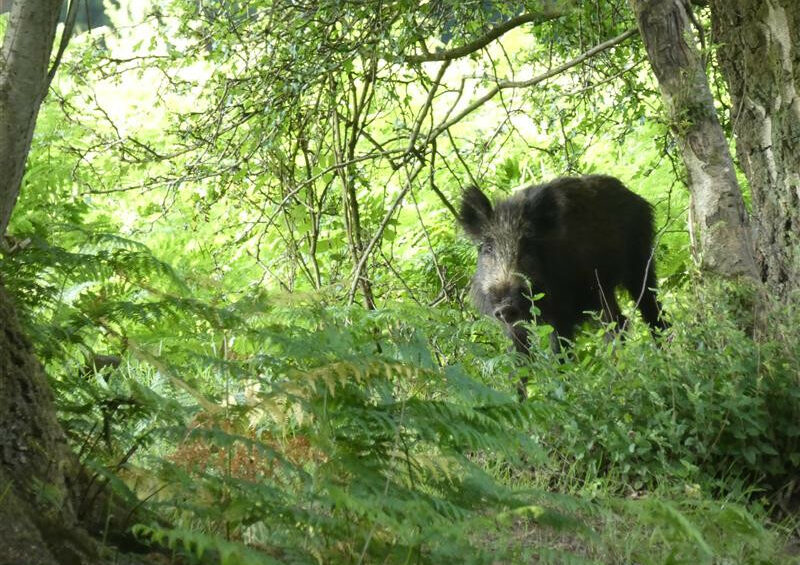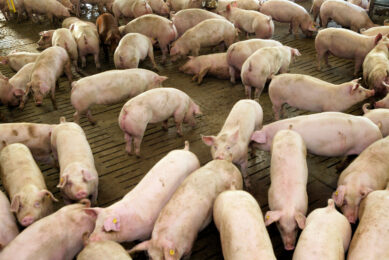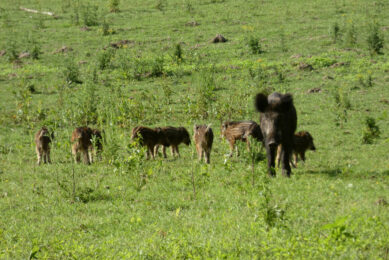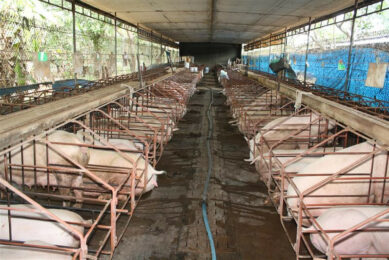ASF Germany: Recent outbreaks in NRW state related to Italy

A somewhat unexpected turn of events with regard to the ASF outbreak in wild boar in North Rhine Westphalia state: the recent emergence of the virus in wild boar there appears to be linked to Italy. In the meantime, 3 more suspicious wild boar carcasses have been found.
That remarkable message came from Germany’s reference lab Friedrich-Loeffler-Institut (FLI) this week. In a press release, the institute wrote, “As part of the virological examination of blood and tissue samples from wild boars from the outbreak of ASF in North Rhine-Westphalia, the FLI was able to determine the complete genome sequence.
A direct comparison with ASF viruses previously sequenced in Germany shows that the variant from North Rhine-Westphalia differs significantly from both the previously known western German cases (Hesse, Rhineland-Palatinate, Baden-Württemberg) and the variants from the eastern federal states (Saxony, Brandenburg, Mecklenburg-Western Pomerania).”
Southern Italy appears to be the location where the virus with most similarity can be found, FLI wrote. “An international comparison with published genome data shows a high degree of similarity with ASF viruses from the Italian region of Calabria. These Italian variants exhibit specific changes that were also found in the new variant from North Rhine-Westphalia and that clearly distinguish them from other previously known ASF viruses.”
The finding means that the recent virus outbreak in wild boar in NRW did not come from migrating wild boar but it was a “new” one-off infection.
In the Calabria area, in the deep south of Italy, the virus there was found in 17 wild boar and on 6 smaller farms. Altogether 559 pigs died there as a consequence of the virus and subsequent culling in 2023.
3 more suspicious wild boar carcasses
As Germany’s agricultural title Top Agrar reported on Tuesday, 3 more suspicious wild boar carcasses have been found, close to where the initial 5 were found. Tests are currently ongoing to verify if indeed the animals will test positive for ASF virus.











